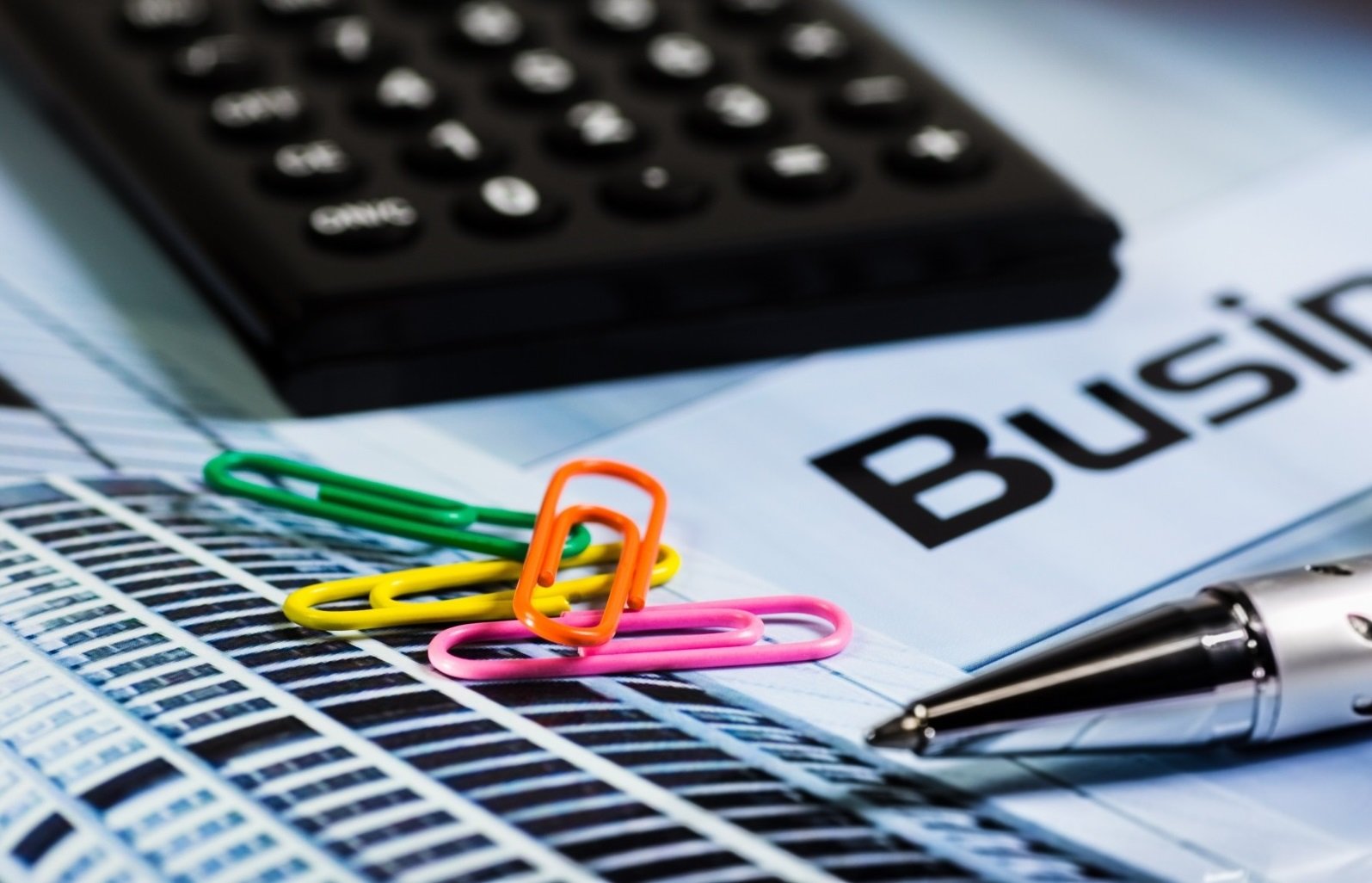
Photo: via VisualHunt.com
Personal Finance – Expenses and tax
In the latest of an occasional series looking at managing personal finances, Mahmood Reza distinguishes between the types of expenses that are genuinely tax-deductible, and those that will raise the taxmans eyebrows.
Artists and other arts freelances spend money on a whole range of goods and services, some of which can reduce their tax bills, and others of which will not. The good news is that, on average, every £100 of permitted expenses will save at least £30 in tax for individuals who are self-employed.
In general, business expenditure reduces tax if it is wholly and exclusively for business purposes. The purchase of equipment, such as computers or artists materials will usually fall into this category. However, HM Revenue & Customs will allow certain expenditure to be split on an equitable basis between business and personal for example, vehicle running costs, telephone costs and the use of a room in a house as an office.
Where an artist makes business journeys outside their normal pattern, or the business is by its nature itinerant (for example, a travelling artist) then modest expenses may be tax deductible. Where a business trip necessitates one or more nights away from home, the hotel accommodation and reasonable costs of overnight subsistence are deductible, and the reasonable costs of meals taken in conjunction with overnight accommodation are allowable, whether or not paid on the same bill.
An artist can choose to claim actual costs of business travel using their own transport or claim a mileage allowance instead: this mileage allowance is given for cars, motor bikes and pedal cycles, and can be more advantageous than claiming actual costs.
Where an artist pays for training courses with the purpose of updating their skills and professional expertise, it is normally allowed as a tax deduction. However, if a completely new specialisation or qualification will be acquired as a result of the expenditure, it is unlikely that the expenditure will be allowed. Similarly with membership of professional bodies, or subscriptions to business publications (like ArtsProfessional, for example), if your work is primarily in the arts sector, then you will able to claim the cost of your annual subscriptions as legitimate business expenses but dont bother trying it with daily newspapers or health club membership!
Expenditure on business entertainment or that which is incidental to business entertainment is not allowable as a tax deduction. In this context, business entertainment doesnt just refer to entertainment of an artistic nature, but embraces the provision of any free or subsidised hospitality (food and drink) or entertainment. This applies regardless of whether the person being entertained is a customer, a potential client or any other person. The only real exception to this would be if an artist can demonstrate that hospitality is given as part of a contractual arrangement in which services of an equivalent value are provided. In that case the hospitality costs are not treated as business entertainment, and the expenditure is allowed.
Mahmood Reza is Proprietor of Pro Active Accounting.
T: 0116 224 7122
E: [email protected]
For further information about HM Revenue & Customs views on legitimate business expenses, see www.hmrc.gov.uk.
Join the Discussion
You must be logged in to post a comment.